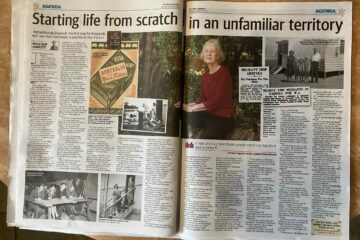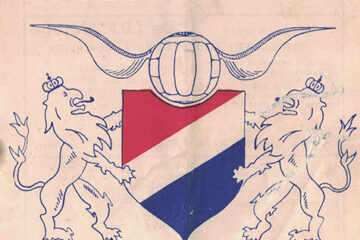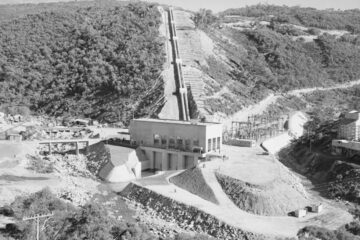Wens de Jong was born in 1938 in Oude Wetering (Zuid Holland). At the age of 18, he embarked on a journey to Melbourne in 1956 alongside his parents John and Regina, along with their six siblings. His father, who worked as a baker in their village, had a passion for football and played a pivotal role in establishing the Weteringse Boys football club in 1945. A family visit to the Hargs, a Dutch family operating the Windmill Cafe in Gurwood Street, eventually led the De Jong family to relocate from Melbourne to Wagga Wagga.
Wens had been playing soccer since the age of five, and upon settling in Wagga Wagga, he and his older brother John Jr. naturally gravitated towards playing with other Dutch expatriates at Turvey Park. Both became integral members of the all-conquering Arsenal team of 1957, remaining with the club until the close of the 1958 season, after which they played key roles in establishing Henwood Park.
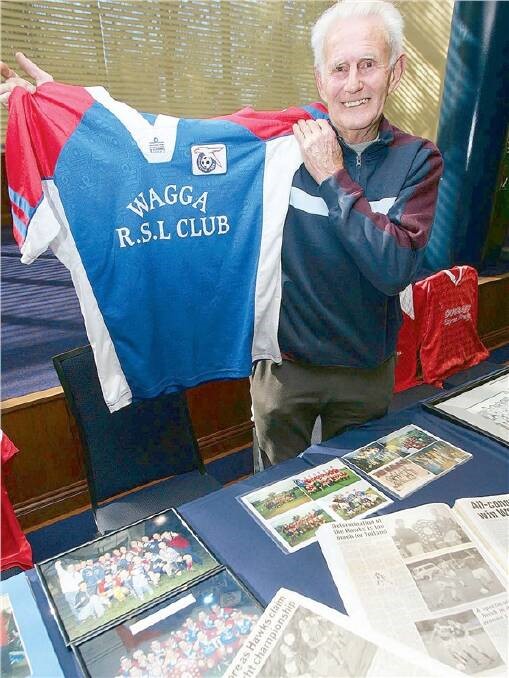
Their father assumed the role of treasurer, while Regina organised the sewing of uniforms for both junior and senior teams.
Wens boasts an impressive soccer career, tallying approximately 850 games, primarily with Henwood Park, and participating in numerous grand finals. Initially a center-half, he later transitioned to defense, consistently ranking among the region’s top players for well over a decade. Wens earned spots on local representative teams multiple times, occasionally serving as captain. Notable highlights include a memorable match against the visiting Fiji side in 1961 and clinching the Daily Advertiser Best and Fairest Award in 1959, with a runner-up finish in 1960.
In 1962, Wens tied the knot with Elaine, a Wagga Wagga native. His contributions to the sport extended beyond playing, encompassing administration, coaching, and notably, the establishment of Wagga Wagga’s first indoor soccer stadium.
Of particular significance was his enduring dedication to junior football in the district, evident through his involvement with both Henwood Park and Kooringal clubs. During the 1970s, a surge in junior participation posed significant challenges in accommodating their training and playing requirements. Wens, undeterred, devised a solution by transforming paddocks behind his residence into playing fields, known as the De Jong Grounds. However, this initiative faced legal obstacles due to zoning restrictions, leading to complaints from neighbors regarding traffic, parking, and noise. Despite these hurdles, Wens adeptly negotiated with the council, securing temporary permission for the grounds until the season’s end.
In recognition of his immense contributions to the game, particularly his tireless efforts with junior players, Wens was honored as the Wagga Wagga Citizen of the Year in 1980.
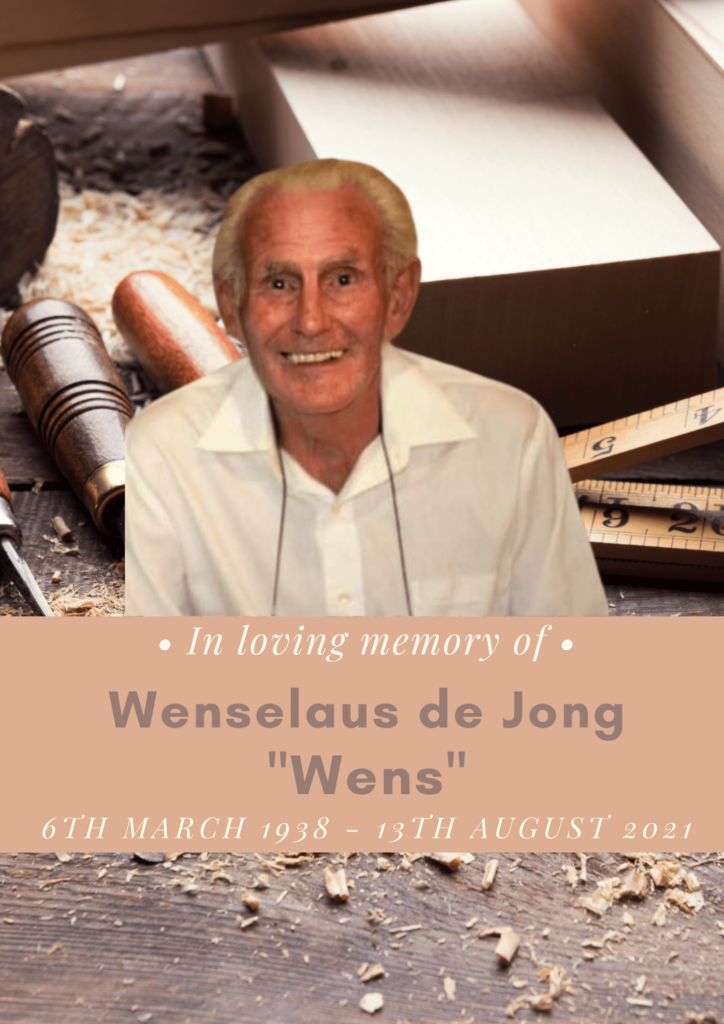
Main source: Clogball
See also: The Clogs ( Klompen) Dutch football Club in Wagga Wagga
